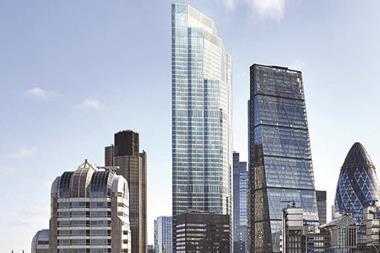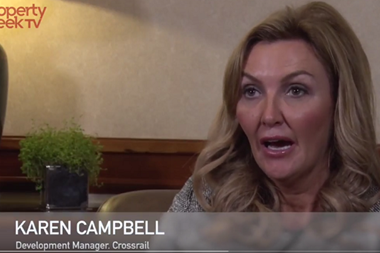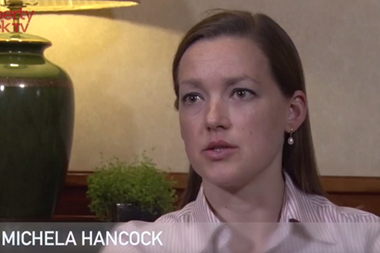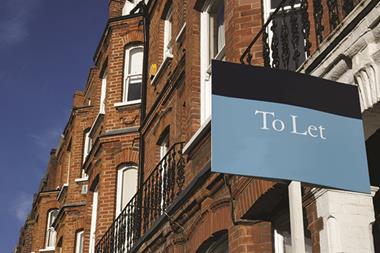So many of you will remember the old days packing cassettes into your suitcase before your holiday.

If I’d asked you what could improve this experience, you might have said you wanted a particular carrying device or smaller cassettes, but you would never have come back to me with the idea of an iPod; the technology just did not exist.
I remember telling my friends and family back in 2002 that I was selling my home and risking it all on a hotel concept that would have small, smart spaces about half the size of current hotel rooms and have few or no windows.
We would charge the same prices as hotels with larger rooms and even charge by the hour.
I couldn’t research whether people wanted to stay in small hotel rooms because they didn’t exist, but I did know that people wanted more choice than staying in an inexpensive boring hotel or an expensive design hotel - you can have the best of both worlds.
Welcome level of design pedantry
The laws that govern the property sector restrict innovation and don’t reflect modern society. The hospitality industry doesn’t have such restrictions, so you can build small, smart hotel rooms, charge by the hour and even put in moving beds and luggage robots.
Apartments being certain sizes and having a certain amount of workspace and inflexible contract lengths are analogue laws for a digital age.
The right design can make spaces beautiful and functional regardless of size. Crucially, we brought in people who designed aircraft cabins to design our cabins - as they were called.
They brought a welcome level of design pedantry rarely seen in hospitality. While the old guard of century-old hotel operators looked on in dismay, we disrupted the market by ripping up things that didn’t make sense.
It is these details that we challenged and we came up with a small, smart hotel room that the consumer loved. The same questions need to be asked of the residential sector.
Well designed
Consumers don’t mind smaller apartments if they are well designed. They don’t mind shorter tenancy agreements if it means they have flexibility. We have lots of flats that could be generating so much more value if they were just better designed or had different flexible contract lengths.
The key to this is considering how the space will be used. Rather than simply ticking a box and adding a washing machine, thought should be given to where someone will dry their clothes. Instead of just making sure there are enough plug sockets next to the bed, you could include USB charging ports. And a co-working space downstairs means you don’t need a desk and dining table in your apartment.

As the build-to-rent sector emerges, ridding homes of such niggles will be key, because when the sector matures and renters have a real choice of buildings, it will be these things - and the service offered - that really define their experience. It’s true that showpiece social spaces, grand lobbies and swimming pools may pull people in, but customer retention is what really counts.
Good design and exceptional customer service all seamlessly brought together by a digital platform will greatly enhance the returns to investors. A gym, a rooftop lounge and a snappy name are not going to buy customer loyalty. There will always be competitors with a newer and bigger rooftop lounge.
Just as social media and smartphone apps are a world away from the printing presses of the 19th century, so too is the world of hospitality from old-school property management. The challenge for any investor is ensuring their assets don’t become chip paper the minute something shinier and newer comes out.
Gerard Greene is the founder and chief executive officer of Society






























No comments yet